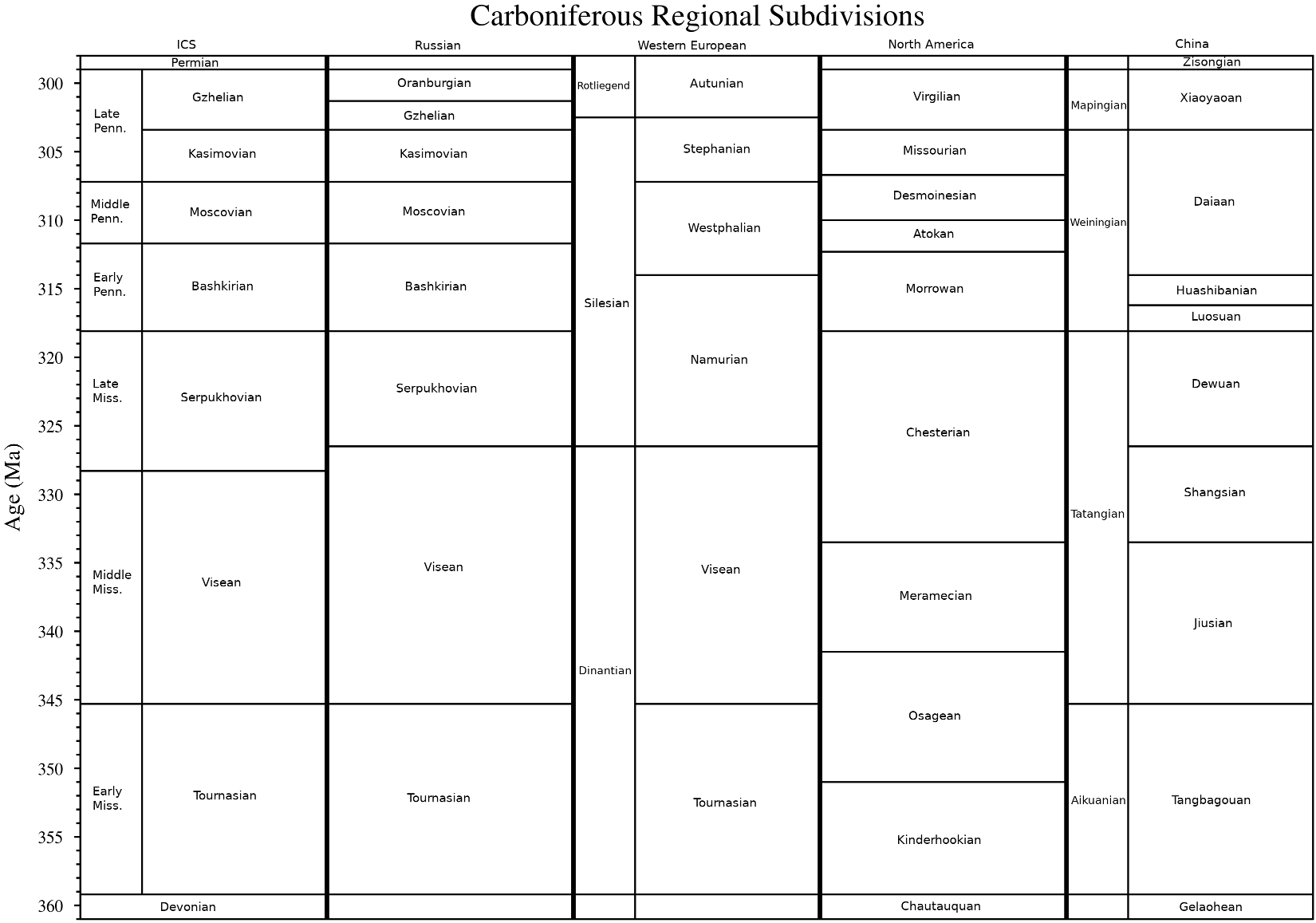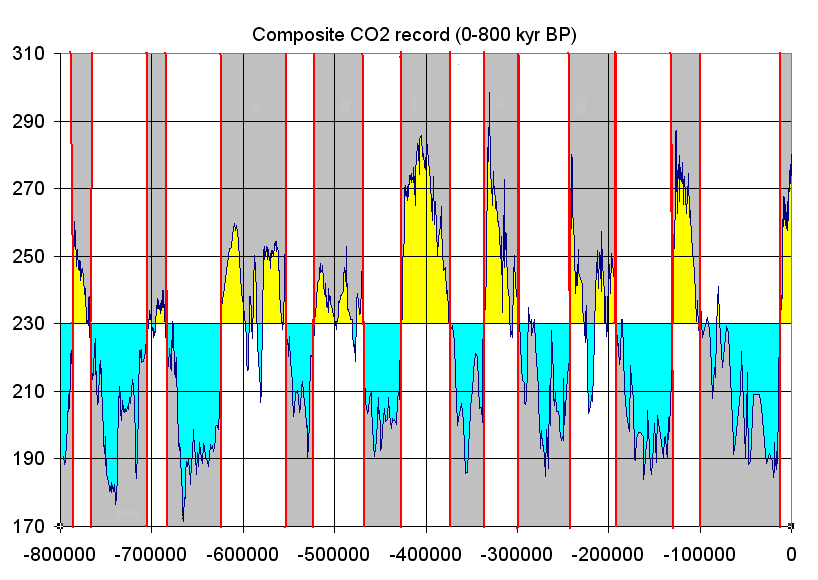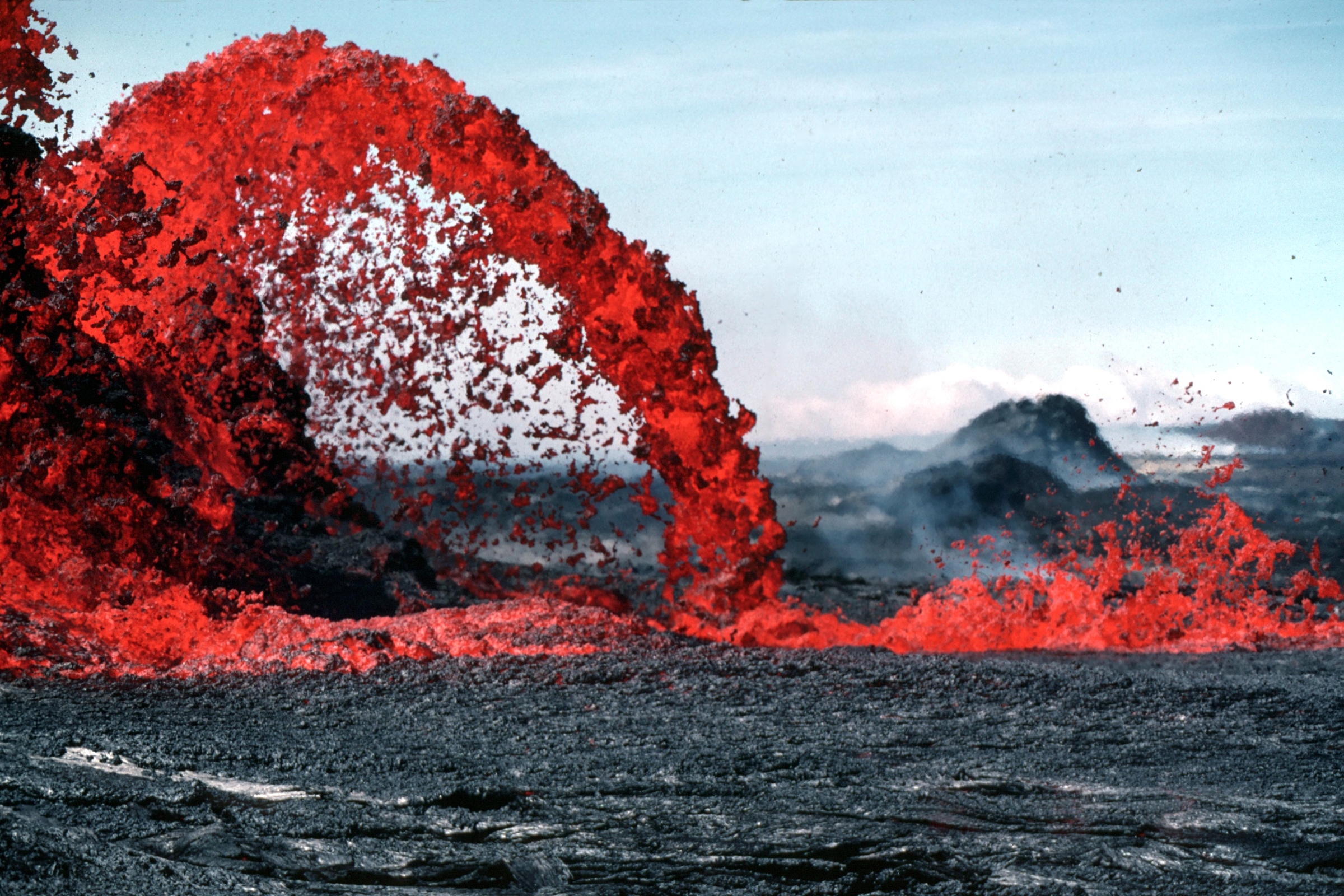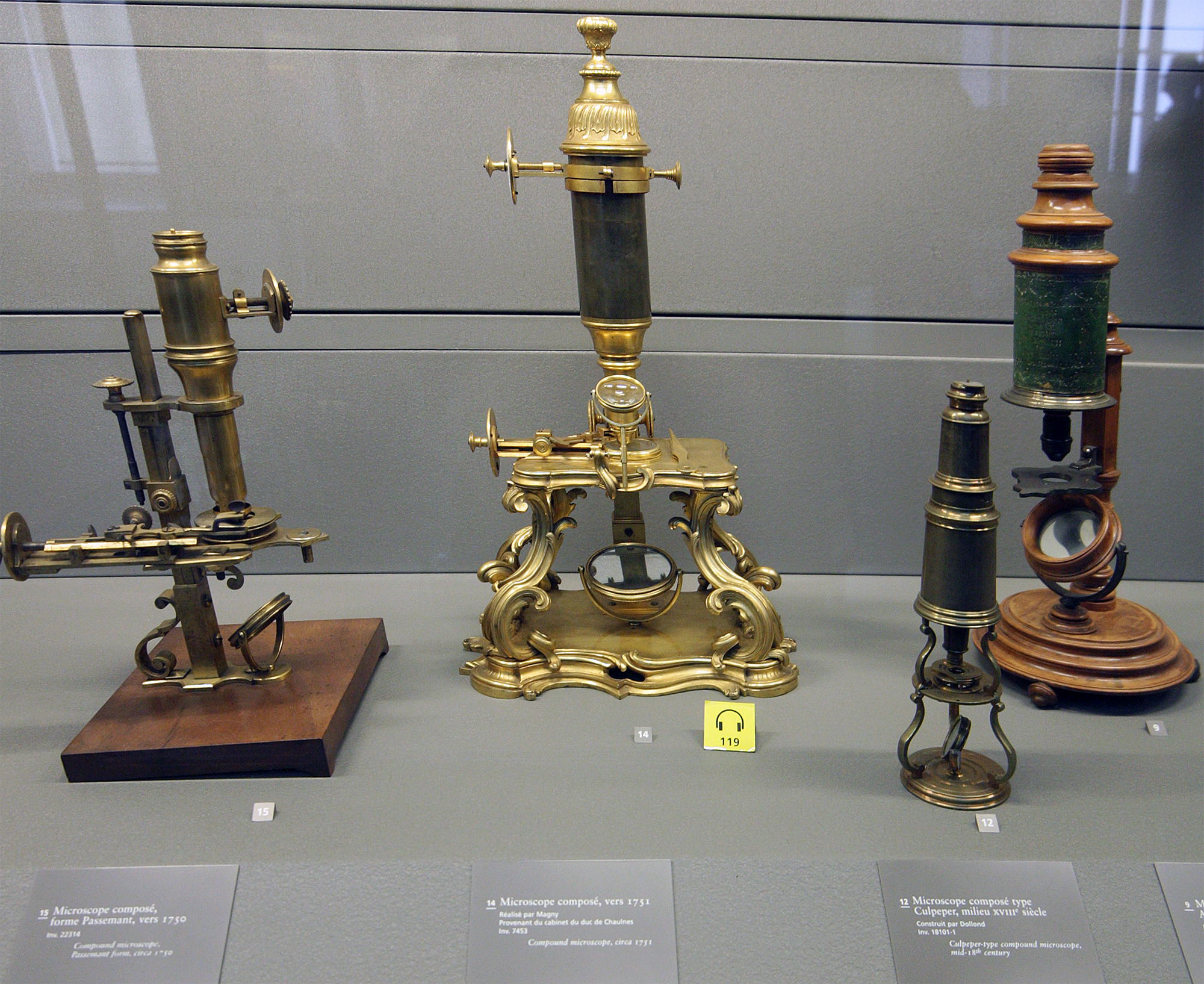|
James Clifton Ward
James Clifton Ward (1843–1880) was an English geologist. Ward was a man of a singularly attractive nature; wide in his sympathies and culture, fond of art, though even more happy among beautiful scenery, and an enthusiastic geologist. Life Ward was born at Clapham Common on 13 April 1843. His father, James Ward, was a schoolmaster; his mother's maiden name was Mary Ann Morris. Ward entered the Royal School of Mines in 1861, where he won the Edward Forbes medal in 1864. In 1865, Ward was appointed to the geological survey, and for some time worked in Yorkshire on the millstone, grit, and coal measures near Sheffield, Penistone, and Leeds. In 1869 Ward was transferred to the Lake district, where for the next eight years he surveyed the area around Keswick. In 1877, Ward was transferred to Newcastle to examine the lower carboniferous rocks in that region. That same year, he married Elizabeth Anne Benson from Cockermouth: the couple had two children. At the end of 1878, Ward h ... [...More Info...] [...Related Items...] OR: [Wikipedia] [Google] [Baidu] |
England
England is a country that is part of the United Kingdom. It shares land borders with Wales to its west and Scotland to its north. The Irish Sea lies northwest and the Celtic Sea to the southwest. It is separated from continental Europe by the North Sea to the east and the English Channel to the south. The country covers five-eighths of the island of Great Britain, which lies in the North Atlantic, and includes over 100 smaller islands, such as the Isles of Scilly and the Isle of Wight. The area now called England was first inhabited by modern humans during the Upper Paleolithic period, but takes its name from the Angles, a Germanic tribe deriving its name from the Anglia peninsula, who settled during the 5th and 6th centuries. England became a unified state in the 10th century and has had a significant cultural and legal impact on the wider world since the Age of Discovery, which began during the 15th century. The English language, the Anglican Church, and Engli ... [...More Info...] [...Related Items...] OR: [Wikipedia] [Google] [Baidu] |
Carboniferous Rock
The Carboniferous ( ) is a geologic period and system of the Paleozoic that spans 60 million years from the end of the Devonian Period million years ago (Mya), to the beginning of the Permian Period, million years ago. The name ''Carboniferous'' means "coal-bearing", from the Latin '' carbō'' ("coal") and '' ferō'' ("bear, carry"), and refers to the many coal beds formed globally during that time. The first of the modern 'system' names, it was coined by geologists William Conybeare and William Phillips in 1822, based on a study of the British rock succession. The Carboniferous is often treated in North America as two geological periods, the earlier Mississippian and the later Pennsylvanian. Terrestrial animal life was well established by the Carboniferous Period. Tetrapods (four limbed vertebrates), which had originated from lobe-finned fish during the preceding Devonian, became pentadactylous in and diversified during the Carboniferous, including early amphibian lineages ... [...More Info...] [...Related Items...] OR: [Wikipedia] [Google] [Baidu] |
Cumberland
Cumberland ( ) is a historic county in the far North West England. It covers part of the Lake District as well as the north Pennines and Solway Firth coast. Cumberland had an administrative function from the 12th century until 1974. From 1974 until 2023, Cumberland lay within Cumbria, a larger administrative area which also covered Westmorland and parts of Yorkshire and Lancashire. In April 2023, Cumberland will be revived as an administrative entity when Cumbria County Council is abolished and replaced by two unitary authorities; one of these is to be named Cumberland and will include most of the historic county, with the exception of Penrith and the surrounding area. Cumberland is bordered by the historic counties of Northumberland to the north-east, County Durham to the east, Westmorland to the south-east, Lancashire to the south, and the Scottish counties of Dumfriesshire and Roxburghshire to the north. Early history In the Early Middle Ages, Cumbria was part of t ... [...More Info...] [...Related Items...] OR: [Wikipedia] [Google] [Baidu] |
Natural Philosophy
Natural philosophy or philosophy of nature (from Latin ''philosophia naturalis'') is the philosophical study of physics Physics is the natural science that studies matter, its fundamental constituents, its motion and behavior through space and time, and the related entities of energy and force. "Physical science is that department of knowledge which r ..., that is, nature and the physical universe. It was dominant before the development of modern science. From the ancient world (at least since Aristotle) until the 19th century, ''natural philosophy'' was the common term for the study of physics (nature), a broad term that included botany, zoology, anthropology, and chemistry as well as what we now call physics. It was in the 19th century that the concept of science received its modern shape, with different subjects within science emerging, such as astronomy, biology, and physics. Institutions and communities devoted to science were founded. Isaac Newton's book ... [...More Info...] [...Related Items...] OR: [Wikipedia] [Google] [Baidu] |
Metamorphism
Metamorphism is the transformation of existing rock (the protolith) to rock with a different mineral composition or texture. Metamorphism takes place at temperatures in excess of , and often also at elevated pressure or in the presence of chemically active fluids, but the rock remains mostly solid during the transformation. Metamorphism is distinct from weathering or diagenesis, which are changes that take place at or just beneath Earth's surface. Various forms of metamorphism exist, including regional, contact, hydrothermal, shock, and dynamic metamorphism. These differ in the characteristic temperatures, pressures, and rate at which they take place and in the extent to which reactive fluids are involved. Metamorphism occurring at increasing pressure and temperature conditions is known as ''prograde metamorphism'', while decreasing temperature and pressure characterize ''retrograde metamorphism''. Metamorphic petrology is the study of metamorphism. Metamorphic petrologists re ... [...More Info...] [...Related Items...] OR: [Wikipedia] [Google] [Baidu] |
Glacial
A glacial period (alternatively glacial or glaciation) is an interval of time (thousands of years) within an ice age that is marked by colder temperatures and glacier advances. Interglacials, on the other hand, are periods of warmer climate between glacial periods. The Last Glacial Period ended about 15,000 years ago. The Holocene is the current interglacial. A time with no glaciers on Earth is considered a greenhouse climate state. Quaternary Period Within the Quaternary, which started about 2.6 million years before present, there have been a number of glacials and interglacials. At least eight glacial cycles have occurred in the last 740,000 years alone. Penultimate Glacial Period The Penultimate Glacial Period (PGP) is the glacial period that occurred before the Last Glacial Period. It began about 194,000 years ago and ended 135,000 years ago, with the beginning of the Eemian interglacial. Last Glacial Period The last glacial period was the most recent glacial period ... [...More Info...] [...Related Items...] OR: [Wikipedia] [Google] [Baidu] |
Hypothesis
A hypothesis (plural hypotheses) is a proposed explanation for a phenomenon. For a hypothesis to be a scientific hypothesis, the scientific method requires that one can test it. Scientists generally base scientific hypotheses on previous observations that cannot satisfactorily be explained with the available scientific theories. Even though the words "hypothesis" and "theory" are often used interchangeably, a scientific hypothesis is not the same as a scientific theory. A working hypothesis is a provisionally accepted hypothesis proposed for further research in a process beginning with an educated guess or thought. A different meaning of the term ''hypothesis'' is used in formal logic, to denote the antecedent of a proposition; thus in the proposition "If ''P'', then ''Q''", ''P'' denotes the hypothesis (or antecedent); ''Q'' can be called a consequent. ''P'' is the assumption in a (possibly counterfactual) ''What If'' question. The adjective ''hypothetical'', meaning "hav ... [...More Info...] [...Related Items...] OR: [Wikipedia] [Google] [Baidu] |
Andrew Crombie Ramsay
Sir Andrew Crombie Ramsay (sometimes spelt Ramsey) (31 January 18149 December 1891) was a Scottish geologist. Biography Ramsay was born at Glasgow. He was for a time actually engaged in business, but from spending his holidays in Arran he became interested in the study of the rocks of that island, and was thus led to acquire the rudiments of geology. A geological model of Arran, made by him on the scale of two inches to the mile, was exhibited at the meeting of the British Association at Glasgow in 1840, and attracted the notice of Roderick Murchison, with the result that he received, from Sir Henry De la Beche, an appointment on the Geological Survey, on which he served for forty years, from 1841 to 1881. This cites Geike (1985). He was first stationed at Tenby, and to that circumstance may be attributed the fact that so much of his geological work dealt with Wales. His first book, ''The Geology of the Isle of Arran'', was published in 1841. In 1845 he became local director fo ... [...More Info...] [...Related Items...] OR: [Wikipedia] [Google] [Baidu] |
Lava
Lava is molten or partially molten rock (magma) that has been expelled from the interior of a terrestrial planet (such as Earth) or a moon onto its surface. Lava may be erupted at a volcano or through a fracture in the crust, on land or underwater, usually at temperatures from . The volcanic rock resulting from subsequent cooling is also often called ''lava''. A lava flow is an outpouring of lava during an effusive eruption. (An explosive eruption, by contrast, produces a mixture of volcanic ash and other fragments called tephra, not lava flows.) The viscosity of most lava is about that of ketchup, roughly 10,000 to 100,000 times that of water. Even so, lava can flow great distances before cooling causes it to solidify, because lava exposed to air quickly develops a solid crust that insulates the remaining liquid lava, helping to keep it hot and inviscid enough to continue flowing. The word ''lava'' comes from Italian and is probably derived from the Latin word ''labes ... [...More Info...] [...Related Items...] OR: [Wikipedia] [Google] [Baidu] |
Microscope
A microscope () is a laboratory instrument used to examine objects that are too small to be seen by the naked eye. Microscopy is the science of investigating small objects and structures using a microscope. Microscopic means being invisible to the eye unless aided by a microscope. There are many types of microscopes, and they may be grouped in different ways. One way is to describe the method an instrument uses to interact with a sample and produce images, either by sending a beam of light or electrons through a sample in its optical path, by detecting photon emissions from a sample, or by scanning across and a short distance from the surface of a sample using a probe. The most common microscope (and the first to be invented) is the optical microscope, which uses lenses to refract visible light that passed through a thinly sectioned sample to produce an observable image. Other major types of microscopes are the fluorescence microscope, electron microscope (both the transmi ... [...More Info...] [...Related Items...] OR: [Wikipedia] [Google] [Baidu] |
Rydal, Cumbria
Rydal is a village in Cumbria, England. It is a small cluster of houses, a hotel, and St Mary's Church, on the A591 road midway between Ambleside and Grasmere. Historically part of Westmorland, Rydal is significant in the history of English Romantic literature. William Wordsworth lived at Rydal Mount from 1813 to 1850. Dr Thomas Arnold, notable headmaster of Rugby School, had a summer home at Fox How in nearby Under Loughrigg. Arnold's son, the poet Matthew Arnold, was a frequent visitor and a close friend of Wordsworth. At the northern end of Rydal Water is White Moss House, believed to be the only house owned by Wordsworth, which he bought for his son, Willie and which remained in the Wordsworth family until the 1930s. Rydal is often a starting point for the Fairfield horseshoe, a hillwalking ridge hike. See also *Rydal Mount *Rydal Water Rydal Water is a small body of water in the central part of the English Lake District, in the county of Cumbria. It is located ne ... [...More Info...] [...Related Items...] OR: [Wikipedia] [Google] [Baidu] |
Vicar
A vicar (; Latin: ''vicarius'') is a representative, deputy or substitute; anyone acting "in the person of" or agent for a superior (compare "vicarious" in the sense of "at second hand"). Linguistically, ''vicar'' is cognate with the English prefix "vice", similarly meaning "deputy". The title appears in a number of Christian ecclesiastical contexts, but also as an administrative title, or title modifier, in the Roman Empire. In addition, in the Holy Roman Empire a local representative of the emperor, perhaps an archduke, might be styled "vicar". Roman Catholic Church The Pope uses the title ''Vicarius Christi'', meaning the ''vicar of Christ''. In Catholic canon law, ''a vicar is the representative of any ecclesiastic'' entity. The Romans had used the term to describe officials subordinate to the praetorian prefects. In the early Christian churches, bishops likewise had their vicars, such as the archdeacons and archpriests, and also the rural priest, the curate who had the ... [...More Info...] [...Related Items...] OR: [Wikipedia] [Google] [Baidu] |








